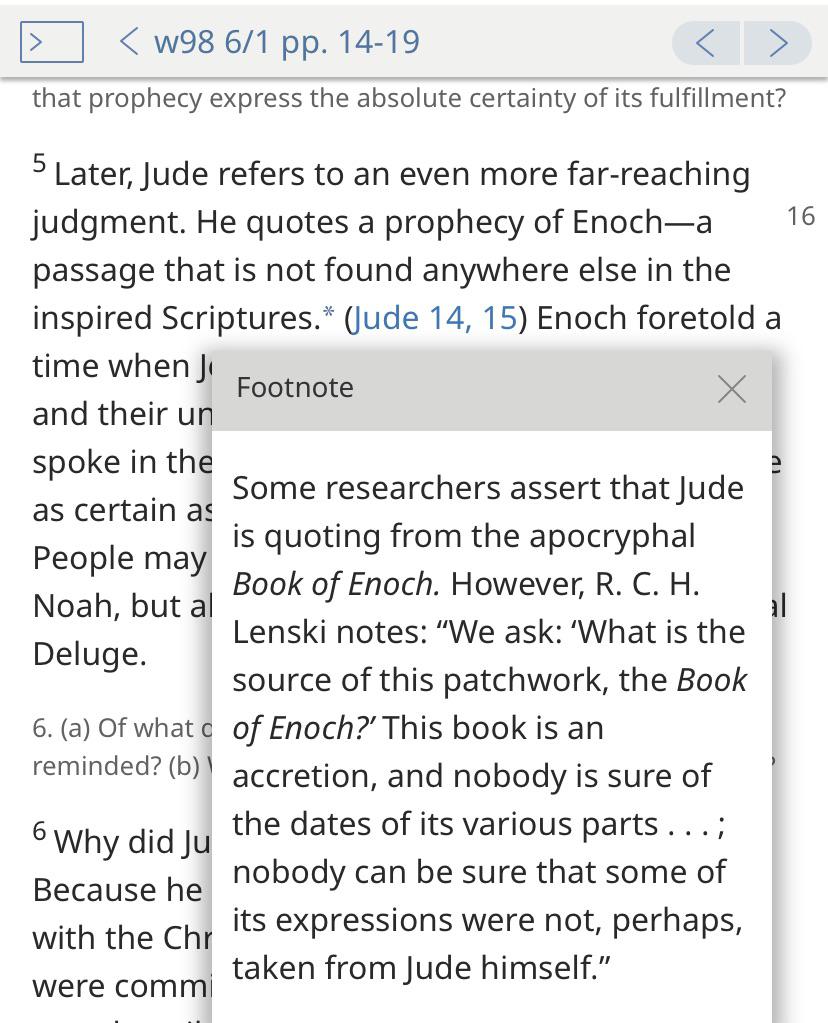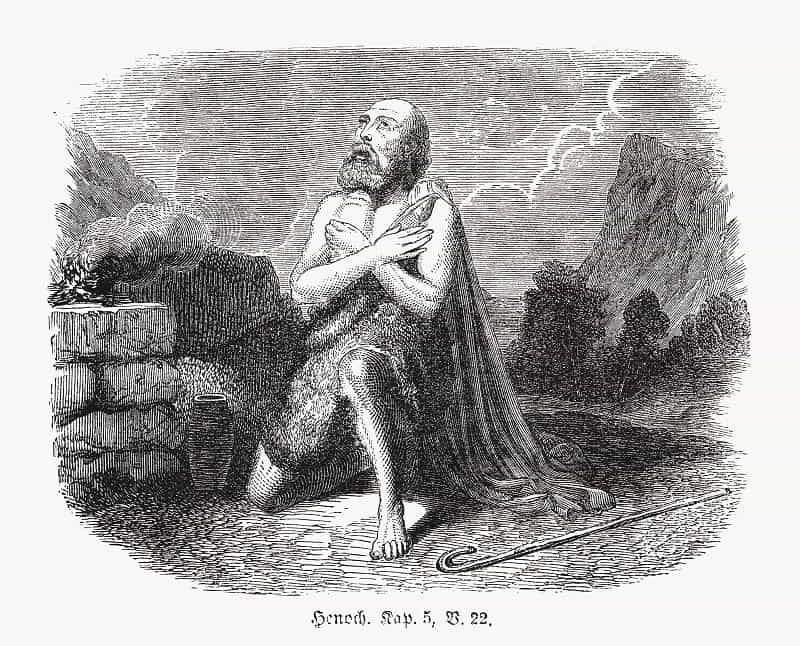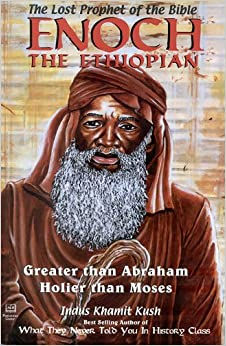The book of enoch, a collection of ancient Jewish apocalyptic texts, remains a source of fascination and debate among scholars and theologians. Its enigmatic content and profound quotes offer a unique perspective into the early Jewish worldview, providing insights into the complex ideas of angelology, cosmology, and eschatology. Despite its exclusion from the canonical Bible, the Book of Enoch has had a profound influence on religious and philosophical thought throughout history. In this article, we will dive into the mysterious world of the Book of Enoch, exploring its key themes and teachings and presenting selected quotes that offer a glimpse into its profound and thought-provoking ideas.
Key Themes and Teachings in the Book of Enoch

At its core, the Book of Enoch is a book about revelation. It presents a plethora of visions and revelations received by the book’s namesake, Enoch, who is described as a righteous man chosen by God to receive divine knowledge (1 Enoch 1:1). This theme of divine revelation runs throughout the book, with Enoch receiving knowledge and insight from angels and even traveling through heavenly realms to witness divine mysteries.
One of the central themes of the Book of Enoch is the role of angels. These celestial beings are depicted as powerful and mystical figures, serving as intermediaries between God and humanity. The book also delves into the origins of these angels, describing them as fallen angels who left their heavenly abode to corrupt humanity and lead them astray. This idea of rebellious angels is further explored in the story of the Watchers, a group of angels who descended to Earth and engaged in immoral acts with humans, leading to the corruption and downfall of society. The Book of Enoch places a significant emphasis on the cosmic battle between good and evil, with angels serving as key players in this struggle.
Another prominent theme in the Book of Enoch is the concept of judgement and the end times. The book presents a detailed account of God’s judgement upon the world, with a focus on the punishment of the wicked and the salvation of the righteous. This idea of divine judgement serves as a warning to those who stray from God’s path and a reminder of the importance of righteousness and faithfulness. The Book of Enoch also offers a vivid description of the end times, depicting a cataclysmic event that will occur before the establishment of a new world order under the reign of the Messiah.
Selected Quotes from the Book of Enoch on Angels, Judgement, and the End Times

“The Watchers saw them [the daughters of men] and lusted after them, and said to one another: ‘Come, let us choose for ourselves wives from the children of men, and let us beget children.'” (1 Enoch 6:2)
This quote from the Book of Enoch highlights the rebellious nature of the fallen angels known as the Watchers. It also provides insight into their motivation for descending to Earth and engaging in immoral acts with human women.
“And in those days, the angels will gather together, and will throw themselves upon the east winds from the earth, and they will stir up the kings so that a spirit of unrest will come upon them, and they will drive them out from their thrones, and they will break up their beds, and they will destroy their children with them.” (1 Enoch 56:5)
In this quote, the Book of Enoch describes the role of angels in influencing earthly rulers and causing chaos and destruction. It also alludes to the belief that these kings are ultimately under the control of higher powers.
“And I looked and saw therein a lofty throne; its appearance was like crystal and the wheels thereof were like the shining sun, and there was the vision of cherubim.” (1 Enoch 14:18)
This quote offers a glimpse into the heavenly realm described in the Book of Enoch, with vivid imagery of a throne and cherubim. It emphasizes the book’s focus on supernatural beings and their role as guardians of God’s throne.
“And the earth shall be cleansed from all corruption, and from all sin, and from all punishment, and from all torment, and I will never again send a flood upon it from generation to generation for ever.” (1 Enoch 10:19)
This quote speaks of the ultimate judgement and cleansing of the Earth, emphasizing the idea of divine justice and the promise of a new world order.
The Book of Enoch’s Influence on Christian and Islamic Traditions

Despite not being included in the canon of the Bible, the Book of Enoch has had a significant impact on both Christian and Islamic traditions. In early Christianity, the book was widely read and referenced by prominent figures such as Tertullian, Origen, and Clement of Alexandria. The author of the Epistle of Jude also quotes from the Book of Enoch, suggesting its widespread influence in early Christian communities. Its teachings on angels and the end times were particularly influential in shaping early Christian ideas about these concepts.
In Islam, the Book of Enoch is known as “Kitab Idris” and is considered one of the earliest prophetic works, believed to date back to the time of Abraham. The Prophet Idris, mentioned in the Quran, is believed to be a reference to Enoch, further solidifying the book’s significance in Islamic tradition. The book’s themes of revelation, judgement, and the role of angels are also present in Islamic theology, with some scholars arguing that the book may have influenced early Islamic eschatology.
The Book of Enoch’s Place in Modern Religious and Scholarly Debates

While the Book of Enoch has had a significant impact on religious and philosophical thought throughout history, its inclusion in modern discussions and debates remains a topic of contention. The book’s exclusion from the canon of the Bible has led some to dismiss it as apocryphal or pseudepigraphical, while others view it as a valuable source of insight into the beliefs and worldviews of early Judaism and Christianity.
Some scholars argue that the book may have been originally written in Aramaic, with later translations and adaptations leading to the current versions we have today. Others suggest that the Book of Enoch may have evolved over time, with different authors and editors adding their own interpretations and ideas to the text. This makes it challenging to determine the book’s original purpose and intended audience, adding to the ongoing debate surrounding its place in religious and scholarly discourse.
Exploring the Significance of the Book of Enoch for Contemporary Readers

Despite the controversies and debates surrounding the Book of Enoch, its profound quotes and unique perspectives continue to captivate readers today. Its themes of revelation, judgement, and the role of angels are central to many religious and philosophical beliefs, making it a valuable source of insight and inspiration for contemporary readers. The book’s emphasis on righteousness and the consequences of straying from God’s path also hold relevance in today’s world, reminding us of the importance of moral and ethical conduct.
Furthermore, the Book of Enoch offers an intriguing glimpse into the diverse beliefs and ideas that shaped ancient Judaism and Christianity. It provides a deeper understanding of the context in which these religions emerged and the influences that shaped their development. For those interested in theology, history, and ancient texts, the Book of Enoch offers a fascinating and thought-provoking journey through the complexities of early Jewish apocalyptic literature.
Conclusion
The Book of Enoch holds a unique and enigmatic place in the world of ancient Jewish apocalyptic literature. Its profound quotes and thought-provoking ideas continue to spark fascination and debate among scholars and readers alike. The book’s themes of revelation, angels, judgement, and the end times provide a window into the beliefs and worldviews of early Judaism and continue to have a lasting influence on both religious and philosophical thought. Despite its exclusion from the canonical Bible, the Book of Enoch remains a valuable source of insight and inspiration for contemporary readers, offering a journey through ancient mysticism and wisdom.
